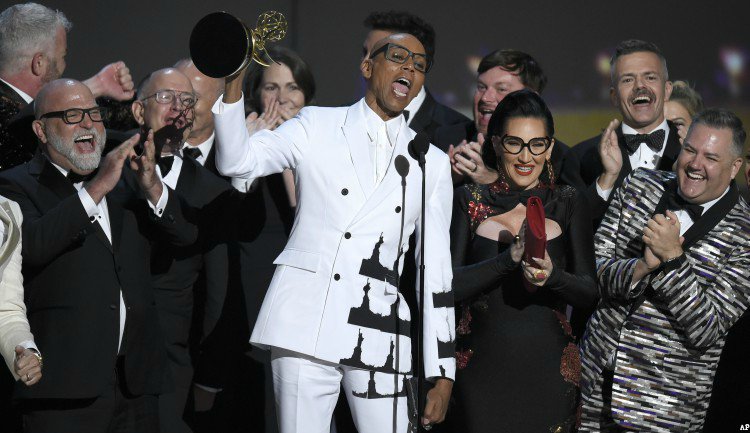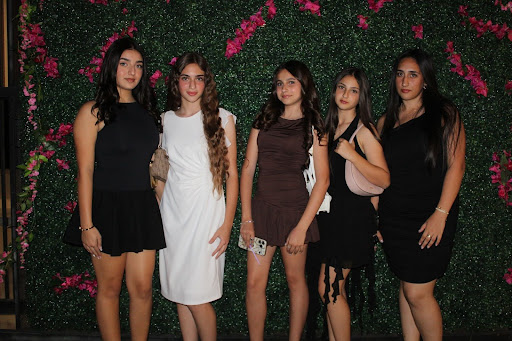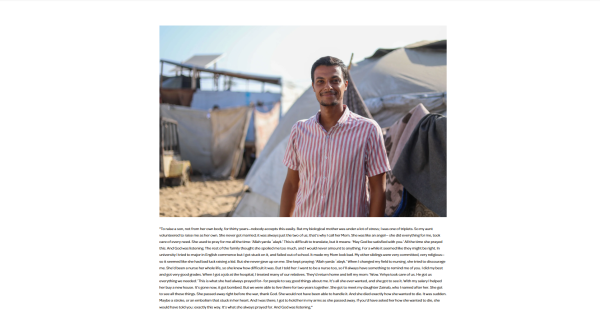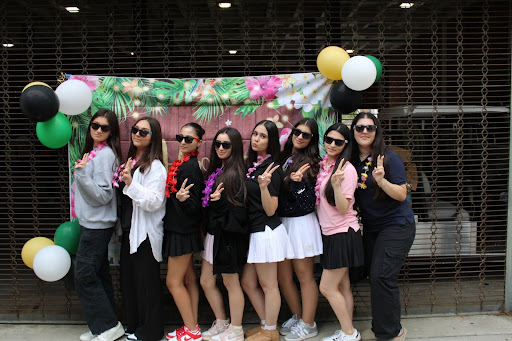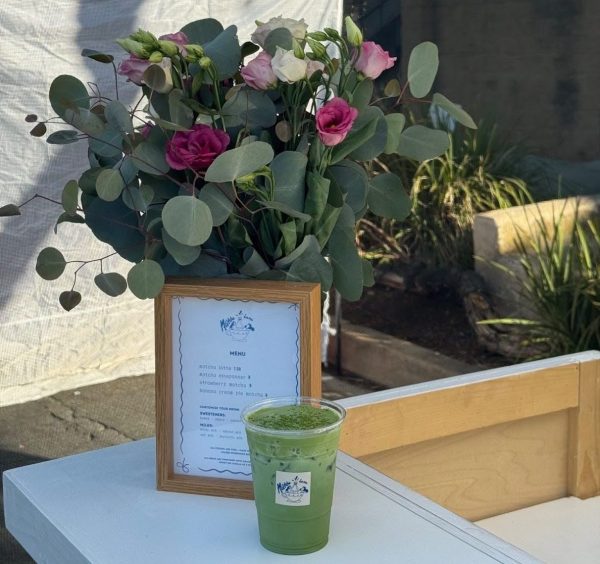How pop culture is changing the drag scene?
With ‘RuPaul’s Drag Race’ becoming a mainstream program, how is it changing?
‘RuPaul’s Drag Race’ takes home 5 Emmys at the 2018 show in Los Angeles.
Dedicated RuPaul’s Drag Race fans are a real treat. On Sept. 17, the 70th Primetime Emmy Awards celebrated RuPaul’s Drag Race for winning five Emmys. And although this mainstream success has propelled the drag scene into pop culture, receiving “sickening” notoriety across the world and garnering sold-out international tours, some members of the drag community are starting to wonder how the recent changes on RuPaul’s Drag Race are impacting the drag culture.
Since RuPaul’s Drag Race began, the show has become a great way to expand drag diversity, showcasing contestants with unique drag styles— such as Sharon Needles’ shocking gothic-inspired looks; Kim Chi’s artistic anime fashion; or Milk’s daring redefinition of drag, incorporating masculine-feminine attributes to his drag. Drag Race has undoubtedly shaped society’s appreciation for drag.
However, as history has shown, society has not been so accepting of the idea of male impersonators becoming a form of entertainment, often marginalizing them for opposing conventional heteronormativity and embracing their queer status. But as drag is introduced into pop culture, homogenization among drag contestants becomes an apparent problem in the community, as other drag queens are looking identical to one other.
RuPaul’s Drag Race’s popularity is shifting the drag spectrum once again. As contestants were once praised for their out-of-the-box creativity in fashion, recent contestants are being praised on a different scale — their professional cosmetology skills and western-style fashion which, by experts standards, are looking similar to others. Because of the show’s appeal, it has become less concerned with its outsider drag roots and self-expression in the queer community and more concerned with displaying different types of fashion.
There is still hope, though. Amidst a revolution of fashion, gender and sexuality, drag nevertheless has the ability to transform the mainstream culture, demonstrating itself as pioneers of an avante-garde makeup and hairstyles, art forms and even music. Now the question stands: Where does the pendulum swing — toward a pop culture or the roots of drag?
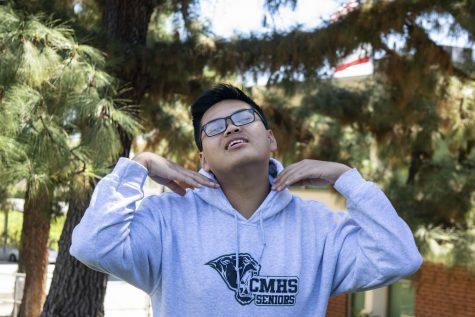
Hobbies: Watching Alexa make coffee without me
Favorite shows: RuPaul's Drag Race
Places you want to travel to: Lost in Narnia with Victoria and...



